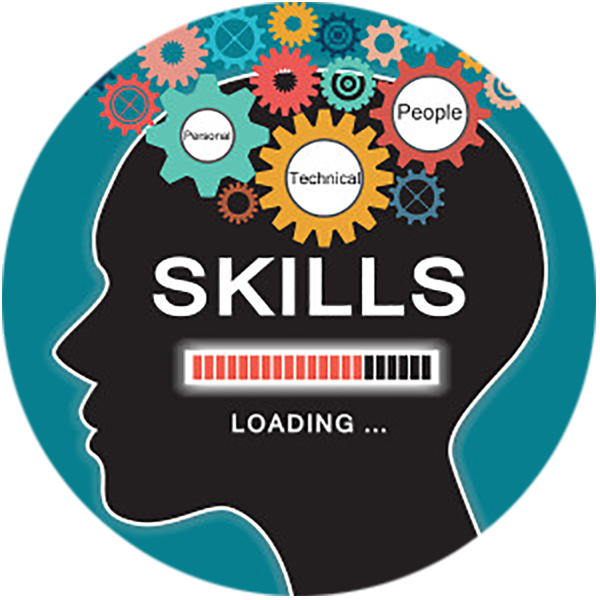5 mistakes you should never make in your professional career
Avoiding certain mistakes is crucial for a successful professional career. Here are five mistakes you should strive to avoid:
-
Lack of Continuous Learning:
- Mistake: Failing to invest in ongoing learning and professional development.
- Impact: In today's rapidly evolving work environment, staying stagnant in your skill set can lead to obsolescence.
- Solution: Regularly update your skills, stay informed about industry trends, and be proactive in seeking learning opportunities.
-
Poor Communication:
- Mistake: Ineffective communication with colleagues, superiors, or subordinates.
- Impact: Misunderstandings, conflicts, and a negative impact on team dynamics.
- Solution: Work on your communication skills, be clear and concise, actively listen, and seek feedback to improve your ability to convey information.
-
Ignoring Networking:
- Mistake: Neglecting the importance of professional networking.
- Impact: Limited career opportunities, reduced access to valuable resources, and a smaller professional support network.
- Solution: Actively build and maintain professional relationships, attend industry events, engage on professional platforms, and participate in networking activities.
-
Resisting Change:
- Mistake: Being resistant to change and innovation.
- Impact: Stagnation, missed opportunities, and a decreased ability to adapt to evolving work environments.
- Solution: Embrace change, be open to new ideas, and continuously seek ways to improve processes and approaches.
-
Neglecting Work-Life Balance:
- Mistake: Allowing work to completely dominate your life, neglecting personal well-being.
- Impact: Burnout, decreased productivity, and potential damage to personal relationships.
- Solution: Prioritize work-life balance, set boundaries, take breaks, and ensure that you allocate time for relaxation, hobbies, and spending time with loved ones.
Remember, learning from mistakes is a crucial aspect of professional growth. It's important to reflect on your experiences, identify areas for improvement, and continuously strive to enhance your skills and approach to work.































